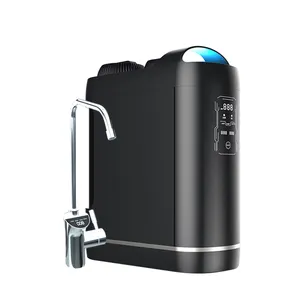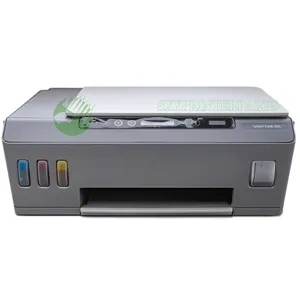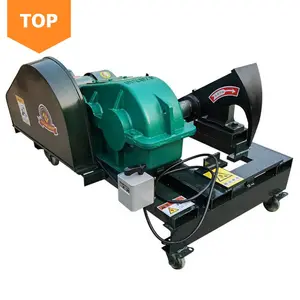Popular in your industry


























 Ready to Ship
Ready to Ship














































Related Searches:






































































































































Top categories
About aqua water treatment
Water is one of the essential elements for life, and it is imperative to ensure its water purification reverse osmosis. The reverse osmosis water filter systems have become a popular choice due to their ability to remove impurities and contaminants. The water filtration system reverse osmosis is designed to produce clean and safe water by utilizing a semipermeable membrane to remove dissolved solids, particles, and other contaminants. This article will delve into the operation and benefits of reverse osmosis water treatment.
How does a reverse osmosis water treatment work?
A water purifier reverse osmosis system operates on the principle of creating a pressure differential across a semipermeable membrane. This membrane has tiny pores that allow the passage of water molecules while blocking larger molecules, impurities, and contaminants. The reverse osmosis process involves several stages to ensure thorough water purification. The first stage is the pre-filtration, where the water passes through a sediment filter to remove larger particles like silt and debris. Following this, the water undergoes carbon filtration, where chlorine, organic compounds, and other chemicals are adsorbed. The next stage is the reverse osmosis membrane, where water is pushed through the semipermeable membrane, leaving behind contaminants that are flushed away. Subsequently, the water enters the post-filtration stage, where a carbon filter further polishes the water to remove any remaining tastes and odors.
What are the advantages of using an RO water treatment?
The reverse osmosis ro water filtration system offers numerous benefits for residential and commercial applications. One of the primary advantages is the production of high-quality, clean water by removing up to 99% of contaminants, including heavy metals, dissolved solids, bacteria, and viruses. This not only improves the taste and odor of the water but also ensures its safety for consumption. Additionally, the reverse osmosis process is a cost-effective and environmentally friendly solution for water treatment. It reduces the need for bottled water and minimizes the discharge of contaminants into the environment. The water filtration system reverse osmosis is also relatively low maintenance, requiring periodic filter changes and membrane inspections to ensure optimal performance. Its compact design makes it suitable for various settings, from residential kitchens to industrial water treatment plants. Furthermore, the efficiency of the reverse osmosis process in conserving water is commendable, as it can recover and reuse a significant percentage of the feed water. This not only contributes to water conservation but also reduces operational costs.
What are the common applications of a reverse osmosis water treatment?
The reverse osmosis ro water filtration system has a wide range of applications across different industries and settings. In residential environments, it is commonly used to improve the quality of drinking water, providing households with clean and safe water for consumption. It is also utilized in aquariums and hydroponic systems to ensure the optimal health of aquatic life and plants by maintaining water purity. In the food and beverage industry, the reverse osmosis process plays a crucial role in producing high-quality ingredients and beverages, such as juices, wines, and dairy products. Additionally, the reverse osmosis water filter systems are integral in the pharmaceutical and healthcare sectors to achieve the stringent water quality standards required for manufacturing medications and medical devices. In industrial settings, reverse osmosis is employed in boiler feedwater treatment, car wash facilities, and semiconductor manufacturing to prevent scale buildup and ensure the efficiency of processes. Its desalination capabilities make it an indispensable technology for converting seawater into potable water, addressing water scarcity challenges in coastal regions. The diverse applications of reverse osmosis underscore its versatility and importance in various sectors.












































